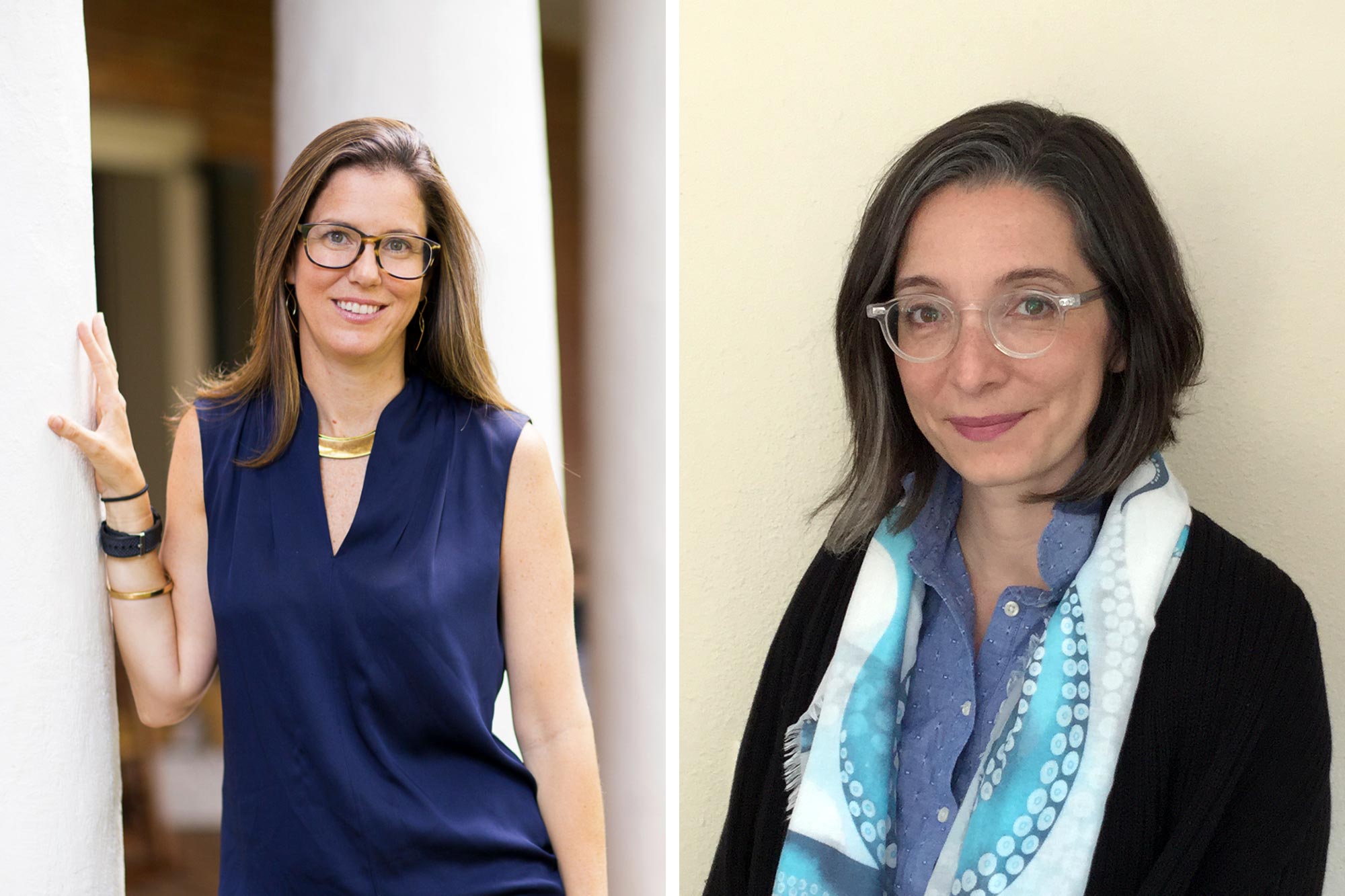No disrespect to your book club, but one being offered by the University of Virginia, in partnership with the United Nations, just might help save the world.
Read for Action, created by the Frank Batten School of Leadership and Public Policy’s Humanitarian Collaborative, kicked off earlier this month alongside the United Nations’ annual climate change meeting, known as COP27, which convened this year in Sharm el-Sheik, Egypt.
The free online book club, which anyone can join, focuses on recent novels whose characters struggle with realistic, geography-spanning humanitarian crises.
The club’s primary architects – Batten School professor Kirsten Gelsdorf and Humanitarian Collaborative practitioner fellow Adrienne Ghaly – are calling readers to the social media platform Discord to discuss the books.
There, participants can learn about, and act upon, ways to help with similar problems in the real world.
“What makes this book club unique is that readers connect not only with other readers, but with authors, literary scholars, researchers and humanitarian experts from around the world,” Ghaly said.
The club is built on the premise that current humanitarian advocacy often relies on the public’s reaction to news. But news feeds can just as easily lead to doom-scrolling, hopelessness and disengagement.
Reading fiction, however, requires longer and deeper reflection on complex characters and contexts. The organizers say that can help the reader ask important questions that may lead to social engagement – questions that Read for Action members can immediately discuss with humanitarian policy practitioners and authors.




